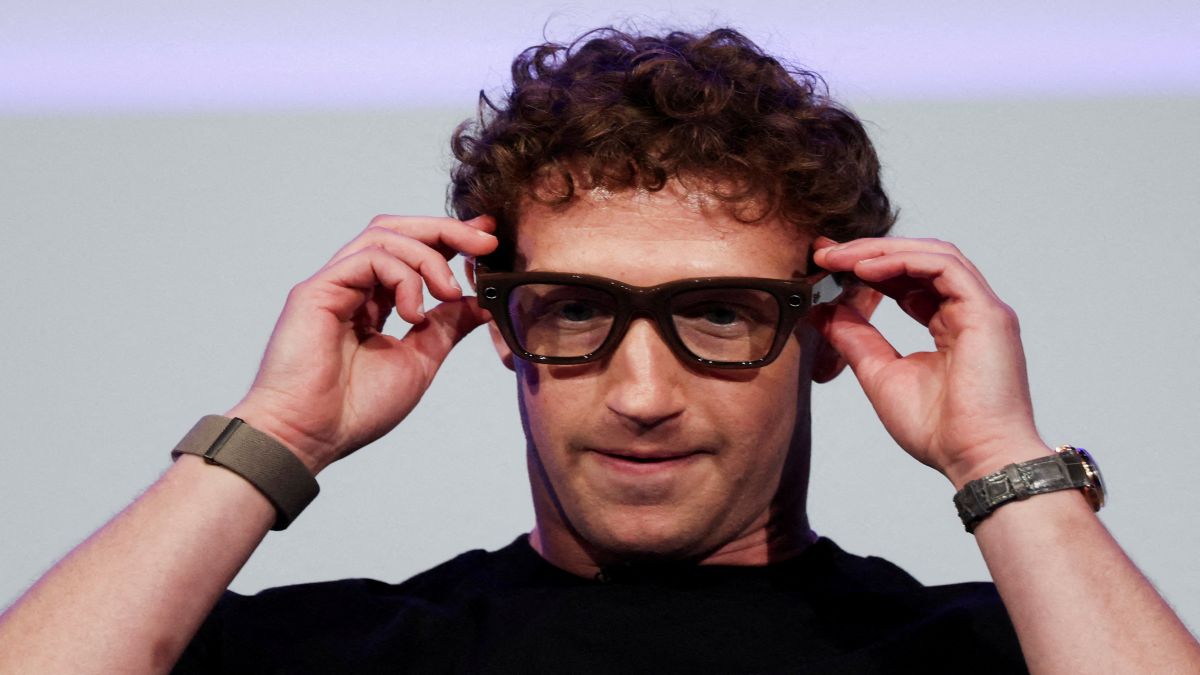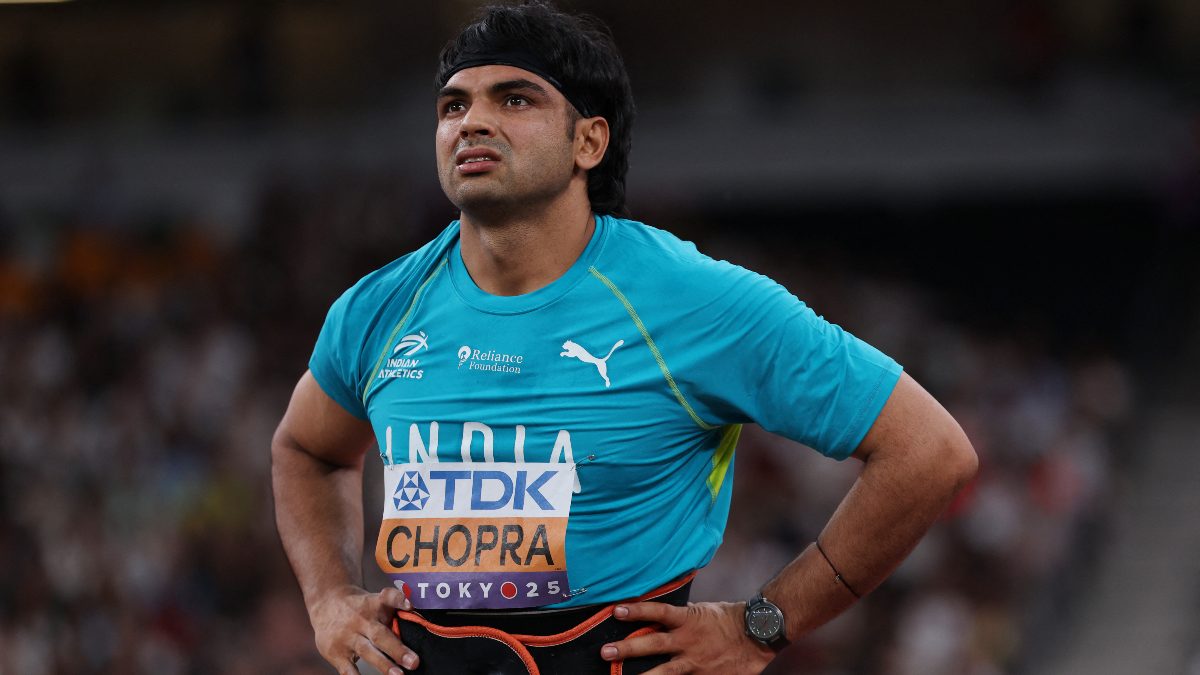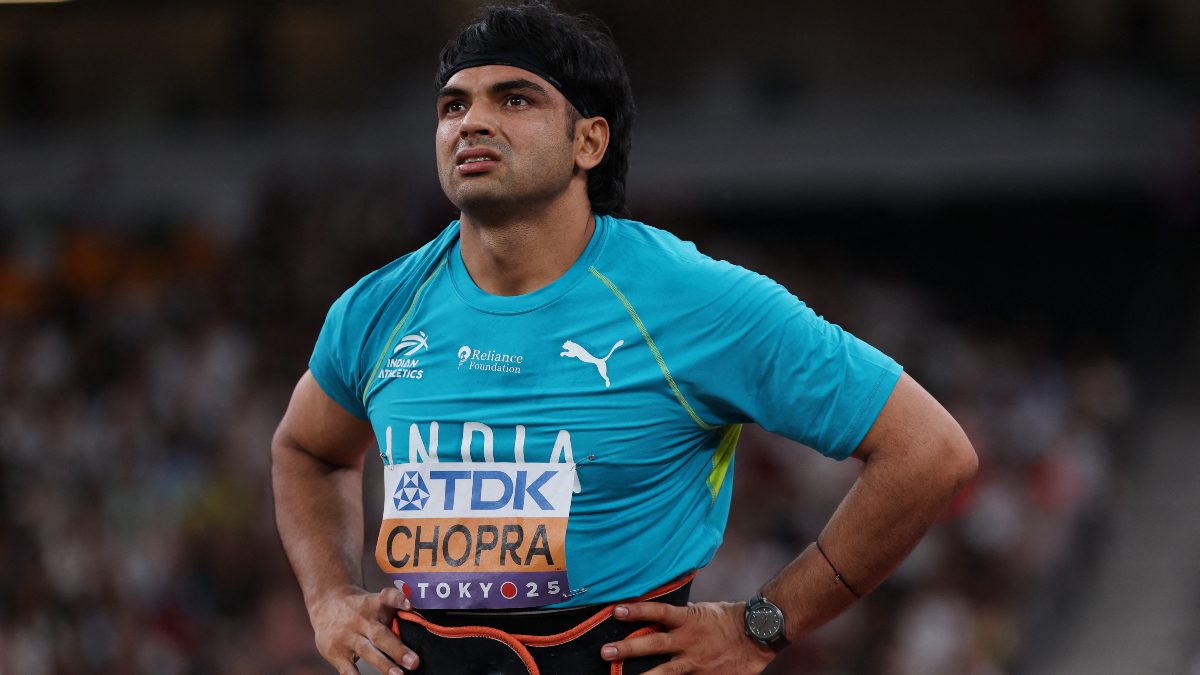The future is AI (artificial intelligence). In this day and age where AI is everywhere, why shouldn’t it also be in your eyewear. And that’s what Meta and its boss, Mark Zuckerberg, believe as he unveiled a new range of smart glasses powered by AI tech.
On Wednesday (September 17), at its annual developers conference ‘Meta Connect,’ Zuckerberg announced an array of devices in partnership with sunglasses brands Ray-Ban and Oakley. The Meta boss also introduced a so-called neural wristband that pairs with its Meta Ray-Ban Display glasses to allow users to carry out tasks like sending messages with small hand gestures.
We take a closer look at the new offerings that Zuckerberg believes is the future and those who don’t wear smart glasses will find themselves at a “significant cognitive disadvantage” compared with people who do wear them.
In fact, as Zuckerberg said at the event, “Glasses are the ideal form factor for personal super intelligence because they let you stay present in the moment while getting access to all of these AI capabilities to make you smarter, help you communicate better, improve your memory, improve your senses.”
Meta Ray-Ban Display
The new flagship product from Meta is the new Meta Ray-Ban Display, which have internally been codenamed Hypernova. They look like a typical pair of Ray-Ban sunglasses but feature a high-resolution, full-colour in-lens display.
This means users can view text, images, and video directly on the lens, allowing them to see WhatsApp messages, Instagram Reels, and video calls all completely within the glasses. This also means that users would be able to give up being glued to their phones.
Speaking on this product, Zuckerberg said: “We have been working on glasses for more than 10 years, and this is one of those special moments where we get to show you something that we poured a lot of our lives into. And that I just think is different from anything that I’ve seen.”
Impact Shorts
More ShortsThe eyewear also has a navigation feature that shows where a user is on a map in real-time, so they could walk somewhere without staring at a maps app on their phone. There’s also live captioning and translation lets users see what a conversation partner is saying in real-time.
Users can also ask the Meta AI assistant questions and it will respond with information panels on the display, in addition to giving an audio answer.
This set of eyewear comes with the Meta Neural Band, an EMG wristband that allows users to control the device using hand gestures. The gestures it can recognise include a tap of the index and middle fingers to select, go back, or to wake and sleep the display; a swipe of the thumb across the index finger to navigate menus; and pinch and twist movements for controlling music volume or camera zooms. There’s also a double thumb tap for manually waking up the Meta AI chatbot instead of using a wake word.
The spectacles also include a case that also acts as its charger. They are expected to last for six hours after a full charge with the external case providing an additional 30 hours, or roughly four full charging cycles.
US users, who wish to acquire these sunglasses will have to wait until September when they go on sale. Moreover, they will have to fork out quite a significant sum of money for them — $799 (Rs 70,406).
And what about Indians? They will have to wait until 2026 and may Rs 67,000.
Oakley Meta Vanguard
The second offering by Meta at the ‘Meta Connect’ event is the Oakley Meta Vanguard smart glasses, which is intended for athletes in high-intensity sports such as cycling, climbing and running marathons. These glasses will cost $499 (Rs 43,973) when they launch on October 21.
They are designed to block out the sun, wind and dust and have a 12-megapixel wide-angle camera that allows you to shoot video. They are also integrated with platforms Strava and Garmin that allow users to track their workouts.
The Vanguard also boasts of bigger and louder speakers, and even boast of the longest battery life of any Meta glasses — around nine hours.
Moreover, the control buttons are on the bottom edge of the arm of the glasses, so users can still access them if they’re wearing a helmet.
Reviewing them on stage, Zuckerberg said of the Vanguard, “I’ve taken them out surfing. It’s fine, it’s good.”
Ray-Ban Meta (Gen 2)
Meta also debuted the Ray-Ban Meta (Gen 2), the latest version of the company’s original smart glasses. The Ray-Ban Meta (Gen 2) will cost $379 (Rs 33,398), up from $299 (Rs 26,348) for the version released in 2023. The new glasses go on sale today in the US.
And what’s new in the Gen 2 model? It has double the battery life of the previous model, lasting eight hours on a single charge, and a more powerful camera that can capture 3K Ultra HD video.
This piece of eyewear is meant to be ideal for everyday use, allowing you to take photos, make calls, or chat with Meta AI, all hands-free.
Meta’s smart eyewear and its future
With the announcement of these sunglasses, it’s evident that Zuckerberg is continuing on its path of blending reality and virtual space. While there’s no official information on Meta’s sales of smart glasses, some industry insides estimate that the company has sold around two million pairs since it entered the market in 2023.
In his speech on Wednesday, Zuckerberg even said that AI-infused smart glasses will be the “next major computing platform,” eventually replacing the smartphone.
CCS Insight principal analyst Leo Gebbie was quoted as telling AFP, “There’s no realistic chance that smart glasses sales make this division profitable in the short term.
“Instead, this is about playing the long-term game to break free from smartphones, where Meta has been throttled by rivals Apple and Google, and to control its own destiny in wearables.”
It remains to be seen where does Meta’s vision take them next. But for now, it’s all about eyew
With inputs from agencies


)

)
)
)
)
)
)
)
)



